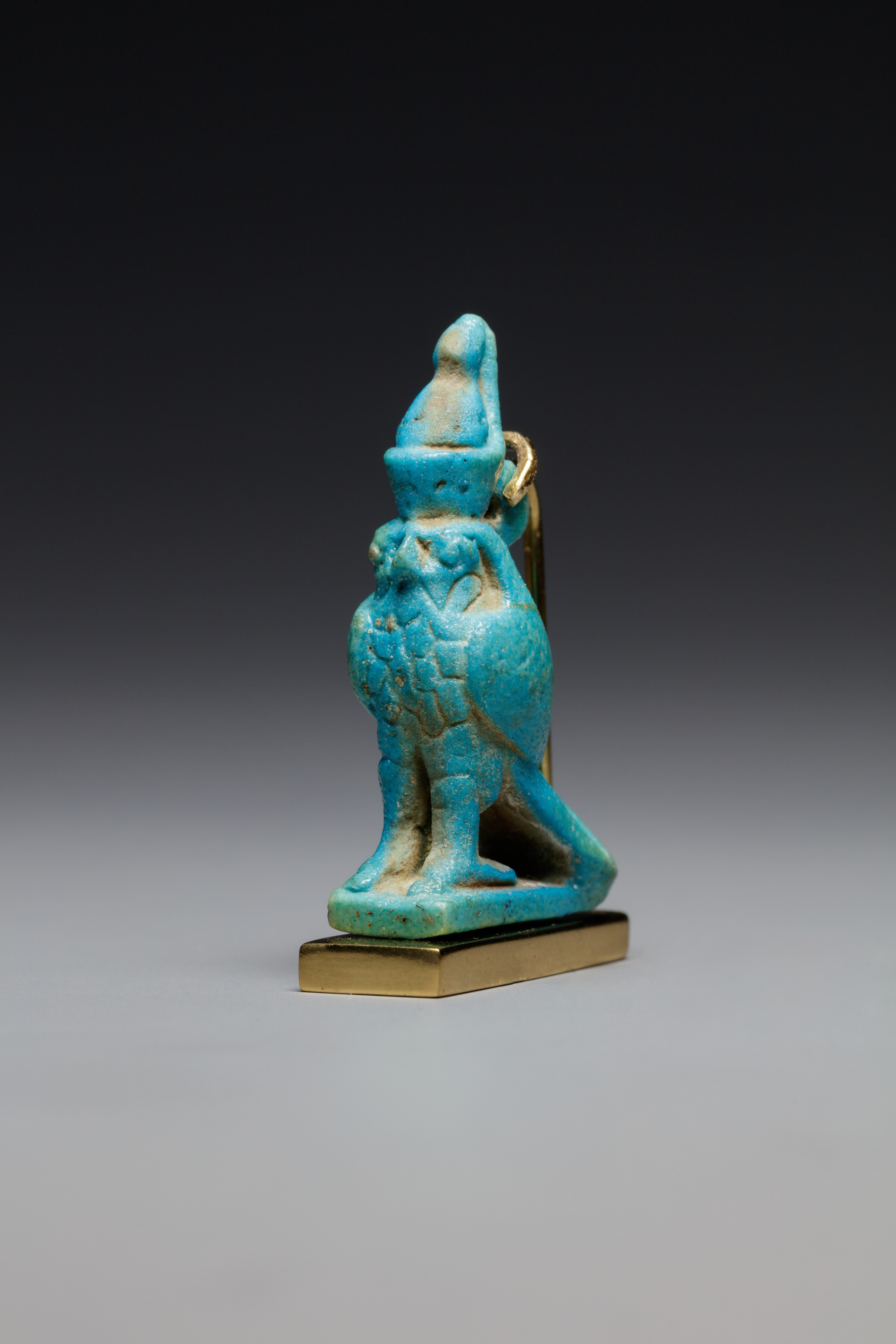Note: This article has been excerpted from a larger work in the public domain and shared here due to its historical value. It may contain outdated ideas and language that do not reflect TOTA’s opinions and beliefs.
From Fire from Strange Altars by J. N. Fradenburgh, 1891.
Horos, unlike his rival companion, became most celebrated. He bears such titles as lord of truth, lord of heaven, helper of his father, lord of the sacred bark, and king of men, and is also called "the supreme ruler of gods and men." It has been thought that Horos, like the Phoenician Baal, designates a class of gods rather than a single god. As the ancient Horos, he is "husband of his mother;" as the rising sun, he is "the infant Horos;" and as the son of Isis, he is the avenger of his father.
He is the warrior god, he stands on the bark of the sun and fights against the serpent Apap or the dark god Set. He is armed with a spear, a trident, or a sword; he hurls his trident at the snout of the hippopotamus-god; he beheads the wicked in the kingdom of the dead. His protecting hawk hovers over the heads of Egyptian warriors as they march forth to the battle-field. He is also lord of the harvest and celebrated for his beauty. The sphinx, his well-known symbol, is the emblem of intelligence and strength.
Fradenburgh, J. N. Fire from Strange Altars. Cranston & Stowe, 1891.
About TOTA
TOTA.world provides cultural information and sharing across the world to help you explore your Family’s Cultural History and create deep connections with the lives and cultures of your ancestors.


